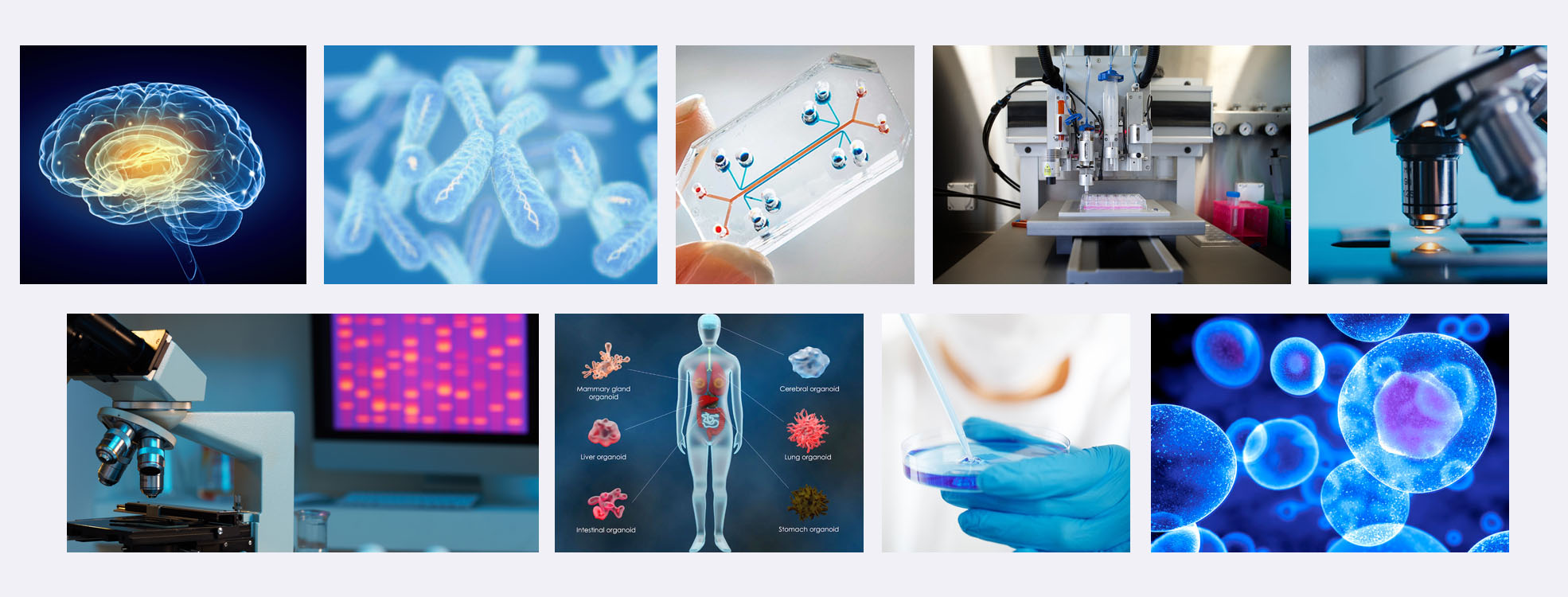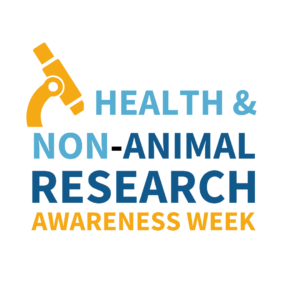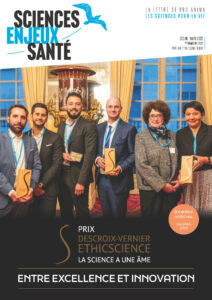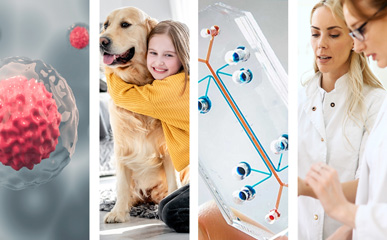
Health & Non-Animal Research Awareness Week
From October 9 to 15, 2023, Pro Anima Scientific Committee organized a week of awareness on non-animal research, in order to present the advances and challenges of these methods particularly related to health.
France uses animals for scientific purposes. In 2019, almost 1.9 million animals were experimented ; France alone represents 18% of the 10.4 million animals used in Europe. Mice (5.5 million), fish (2.5 million) and rats (almost 1 million) are the most impacted and represent 86.5% of the total animals tested.
In 2021 and in 2022, statistics remained unchanged.
Facing the ethical issues caused by the use of animals in laboratories, in 1959, the 3R concept (Replace, Reduce, Refine) was defined. The 3Rs are a principle developed for the implementation of better animal testing practices.
However, with technological progress and the advance of scientific knowledge showing the limits and failures of the animal model, it is important that the efforts of all stakeholders (scientists, regulators, industrialists) are directed towards the sole R of replacement.
Non-animal alternative methods have among their many advantages the fact that they’re more human-relevant. Their reliability makes it possible in particular to develop chemical substances (drugs, cleaning products, cosmetic ingredients, etc.) with fewer side effects.
Concerning drug molecules for example, given the metabolic differences between humans and animals, the FDA estimated that nearly 92% of drugs passing preclinical tests, including animal tests, did not lead to commercialization partly due to their side effects.

It is in this context and for this purpose that the Health and Non-Animal Research awareness week organized by Pro Anima takes place : to raise awareness on these animal-free methods, about their benefits and concrete applications for health.
Follow Pro Anima on its social networks : (IG, FB, X, Linkedin) : @ComiteProAnima


